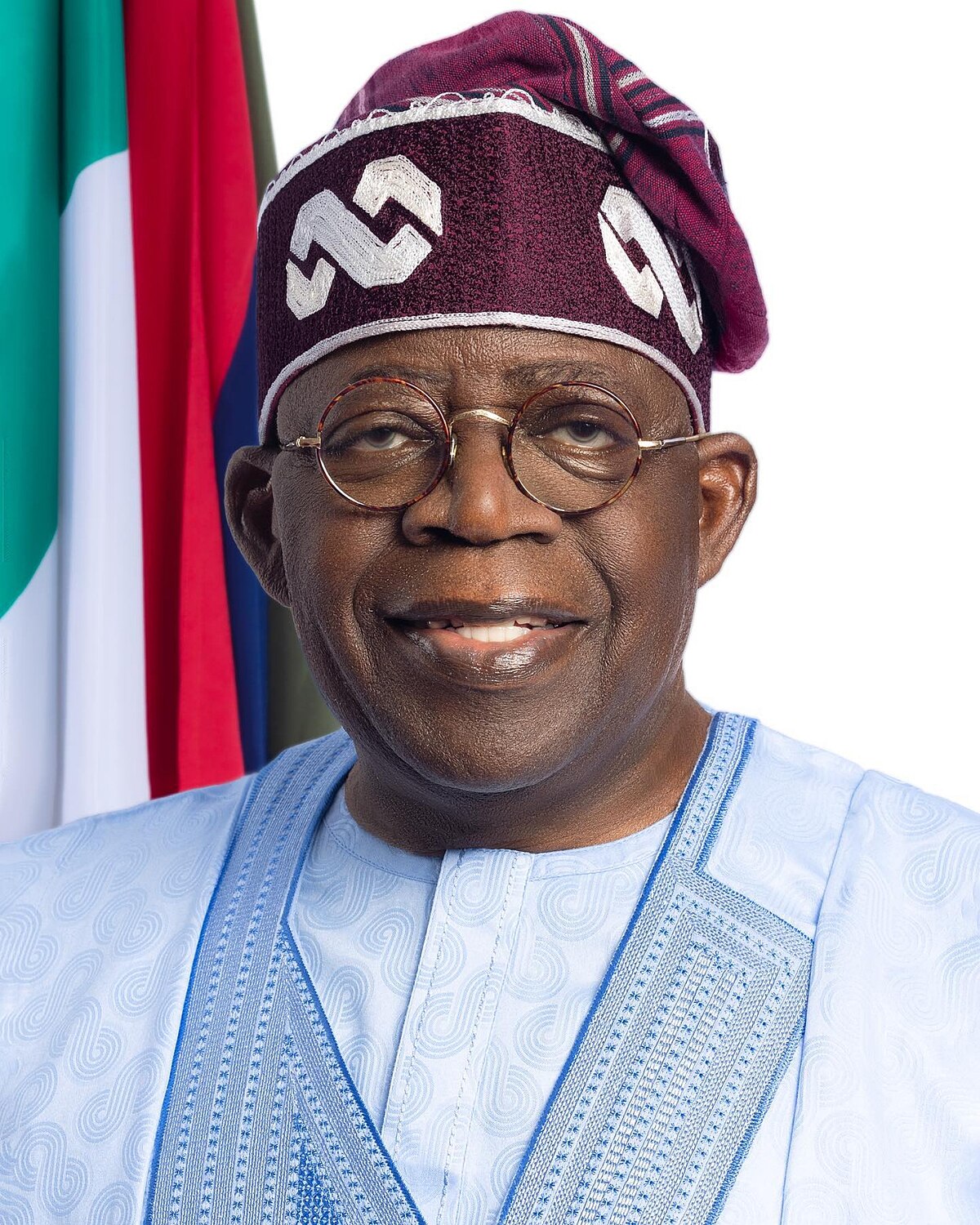3 Times Being A Nigerian Feels Good

Written By Adanna Onyekara
"This is Nigeria, everybody na criminal" in Falz's voice.
The bad, the worst and the ugly for Nigerians carrying the Nigerian passport but then ladies and gentlemen, it's a wonderful time to be alive for movie enthusiasts; optimistic, entrepreneurial, talented Nigerians, still feeling good about being a Nigerian and the diaspora in no particular order :-
1 When Nollywood met Hollywood
We realised that yes, a lot of Nigerians say they're not crazy about Nollywood stories, yet after Hollywood, the Nigerian movie industry is the second-largest in the world - even bigger than the Indian movie industry on a per-capita basis. Nigerian movies are significantly popular, particularly in Africa, where they currently outsell Hollywood films, spanning from 2013 when the film industry reportedly hit a record-breaking revenue of ₦1.72 trillion (US$11 billion) and in 2014, the Nigerian movie industry was worth ₦853.9 billion (US$5.1 billion).
2 When Nigerian filmmakers started making cinema worthy movies
Nollywood; the cinema of Nigeria, the New Nigerian film theatre, originally structured for the middle and upper class during the Golden era of movie production, the Silverbird Group is the first company to launch a series of modern Cinema houses across major cities in Nigeria, in a bid to discourage poor film productions, only screening Nigerian films with high production quality, In 2006 the Nigerian Yoruba language film Irapada by Kunle Afolayan, was the first New wave film to be screened at the Silverbird Galleria in Lagos. However, The Figurine is principally regarded as the game changer, intensifying the media attention towards the "New Nigerian Cinema" revolution. Being a commercial success in Nigeria, screening in international film festivals, Chineze Anyaene's Ijé became the highest grossing Nigerian film in 2010; holding this record for four years, then came Half of a Yellow Sun in 2013 making her own way in 2014 before passing the torch in 2016, to Kemi Adetiba's The Wedding Party.
3 When Genevieve Nnaji's "Lionheart" was bought by Netflix
While 2018 gave the Nigerian cinema community films such as Chief Daddy, King of Boys, Merry Men; The Real Yoruba Demons, Up North, The Ghost and the House of Truth, Mom's at War, The Royal Hibiscus Hotel, Lagos Real Fake Life, The Vendor, New Money, God Calling, Seven and a Half Dates, Lara and the Beat, Knockout Blessing among others, this same 2018 saw Genevieve Nnaji deciding that the tree she's been watering for a long time was ready to serve as shelter, she decided that the view was ripe for consumption by the general public, the tree called The "LionHeart" movie, registering her directorial debut and marking the acting debut of Peter Okoye (Mr. P) and Chibuzor Azubuike' (Phyno).
#LionHeart exposing the Nigerian culture to the world is a Netflix original, thanks to the fact that the global license for #LionHeart was acquired for $3.8million on the 7th of September 2018 as the media would come to report, before the premiere at the Toronto International Film Festival. According to Forbes, the budget for Netflix's original content, movies and TV series was about $13 billion from an initial $8 billion for 2018 a substantial raise from $6 billion spent in 2017, looking at the numbers, a lot of Nigerians thought Netflix could have paid so much more for the movie, however, this article is not about how much Netflix paid or could have paid for the license, rather it's about the joy Nigerians in Nigeria and the diaspora, lovers of Genevieve Nnaji and Nollywood felt about the actress, producer, director Genevieve Nnaji and industry, describing the profundity and quality of storytelling as exceptional. Ben Kenigsberg of The New York Times used words such as “earnest and functional”.





